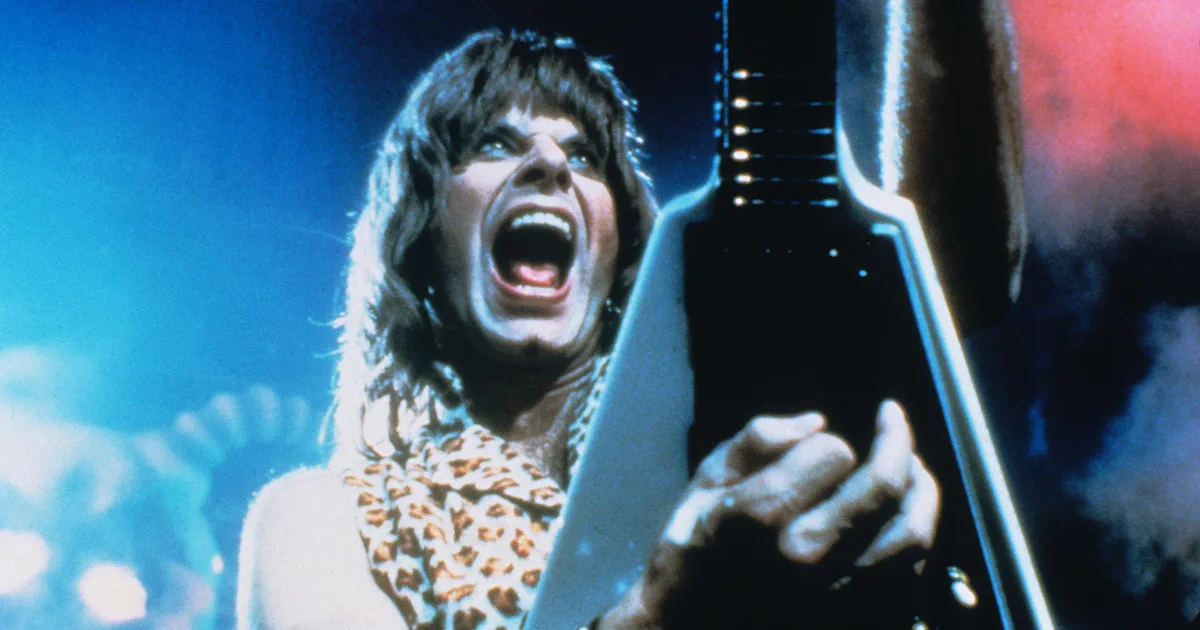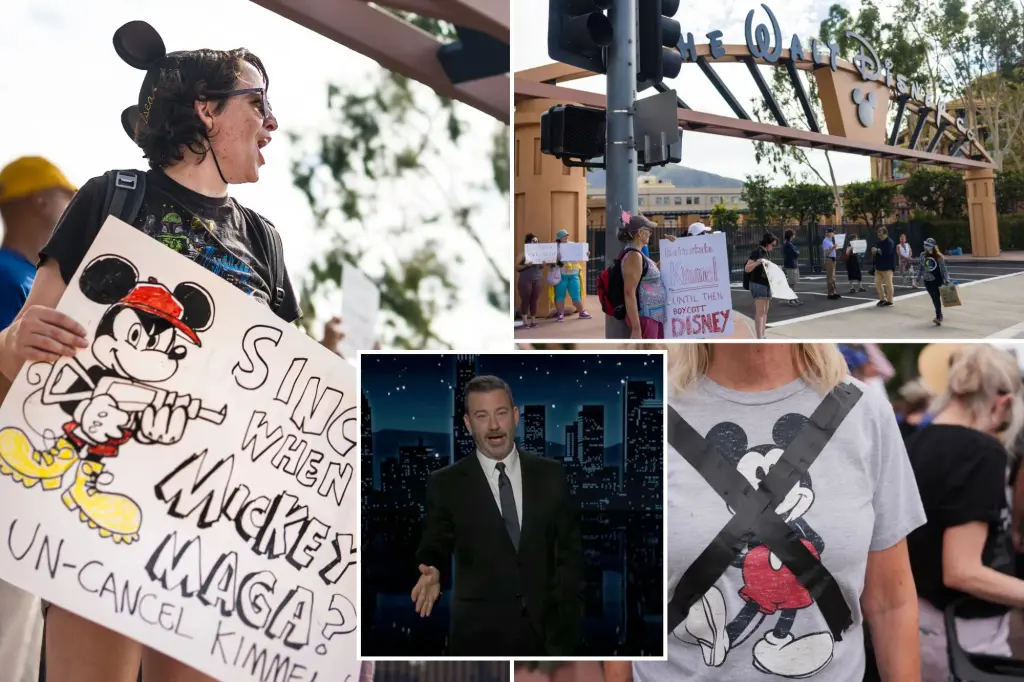41 Years Later, The Most Absurd Movie Experiment Of The ’80s Just Got A Huge Upgrade (And A Sequel)

Director Marty Di Bergi first unleashed This is Spinal Tap on the world in 1984. A documentary chronicling the final North American tour by the titular fading British heavy rock outfit, the film is a look at the flatulent inner workings of the veteran group as the band members’ relationships fray, and everything that could go wrong — from too-small lunch meats in the dressing room to a too-small stage prop for a major musical number — does go wrong.
Okay, there is no Marty Di Bergi and there is no Spinal Tap…sort of. Di Bergi is actually the alter ego of actor/director Rob Reiner, who made his directorial debut with This is Spinal Tap. The mock documentary stars comedians Michael McKean as singer David St. Hubbins, Christopher Guest as guitarist Nigel Tufnel, and Harry Shearer as bassist Derek Smalls, the perpetually befuddled core members of the band. All three play it straight, with uproarious results, as the hapless rock dinosaurs (and their string of dying drummers) stumble through a series of debacles that, to this day, ring uncomfortably true to many real-life musicians.
“All the time,” says Rob Reiner, when asked by Inverse whether he hears from rockers for whom This is Spinal Tap plays like real life. “Every single rock musician we ever ran into, myself or the guys, they all had a story. They all had a Spinal Tap moment, something that they saw in the film that mirrored what they had gone through.”
How This is Spinal Tap Was Initially Received Upon Release
This is Spinal Tap was not a box office blockbuster when it first came out, earning less than $6 million in its initial theatrical run. But the critical reception to the film was almost unanimously one of acclaim, with Roger Ebert calling it at the time “one of the funniest, most intelligent, most original films of the year.” Praise like that from both critics and the rock community itself led the film to endure and became a cult classic, for its good-natured mocking of both the rock lifestyle and the documentary form itself.
“It holds up. That’s what’s amazing,” says Reiner. “It still works after all these years. You know, people didn’t understand it at first. They thought it was a real band and they didn’t understand why I would make a movie about a band nobody ever heard of. And then over the years, the Library of Congress put it in the National Film Registry. ‘This goes to 11′ went into the Oxford English Dictionary. So it’s had staying power and it’s taken its place in the pantheon of films.”
Why It’s Important to See This is Spinal Tap Now
This is Spinal Tap is the quintessential mock documentary: it presents something as reality (an actual band called Spinal Tap) when in fact that thing does not exist at all. A large part of the film’s pseudo-realism is due to the fact that the actors — including cameos from relatively unknown but up-and-coming stars like Billy Crystal, Bruno Kirby, Fran Drescher, and Paul Shaffer — did not work from a script but improvised most of their scenes and dialogue.
“We were just out there doing what we like to do,” says Reiner. “We’re all improvisational actors. That’s our background. We love doing that and they love to play, and you never know what’s going to come out of it.” Reiner notes that Ricky Gervais has acknowledged that Spinal Tap was an influence when he first created The Office, adding, “You [also] see it in shows like Parks and Recreation and Abbott Elementary — it’s the sincerest form of flattery.”
Even more significant for fans of the film — and for people just discovering it — is that the “band” have made a sequel. Spinal Tap II: The End Continues has just been released in theaters, following a long legal battle in which the four principals fought to reacquire the rights to the property. Spinal Tap II finds the band reuniting for one last concert due to a contractual obligation, even though they haven’t spoken for 15 years, with more hilarity ensuing as a result.
“This is going to sound like a joke, but over the years between DVDs and videos and foreign sales, we each made 82 cents,” explains Reiner. “I’m not exaggerating. So Harry said, ‘Maybe I’ll sue and get the rights back.’ He did. We got the rights back and they said, ‘Well, what are we going to do with it?’ Then an idea started to come to us out of a very real place, which is that the guys themselves had not played together for 15 years… That became the basis of the film.”
There’s A New 4K Blu-ray Too… And It Goes To 11
Concurrent with the arrival of Spinal Tap II is a new 4K UHD Blu-ray release of the original film from the Criterion Collection, which previously issued the film on laserdisc and DVD. Although the only new feature is a conversation between Reiner and Patton Oswalt, the three-disc set ports over a ton of previously released material, including commentary tracks, music videos, concert footage, and more. The most fascinating feature is 90-odd minutes of deleted footage — scenes and storylines that were developed but either dropped or deleted from the film.
“There are always things that you love that you can’t put in only because it disrupts the flow of the movie,” says Reiner, mentioning that the origin of the mysterious cold sores Nigel and David sport, a sequence involving David’s son, and a scene in which the band gets their limo driver (Kirby) high are among the segments left on the cutting room floor.
As for any potential future misadventures for Spinal Tap, Reiner says that anything is possible. “(Marty Di Bergi) was grateful that Spinal Tap was reuniting because it was his one chance to try to get back into the world,” says Reiner about his sad-sack alter ego. “In the second film, (Derek’s) got this song, ‘Rocking In The Urn,’ and it’s about what happens even after you pass away. So you never know.”



